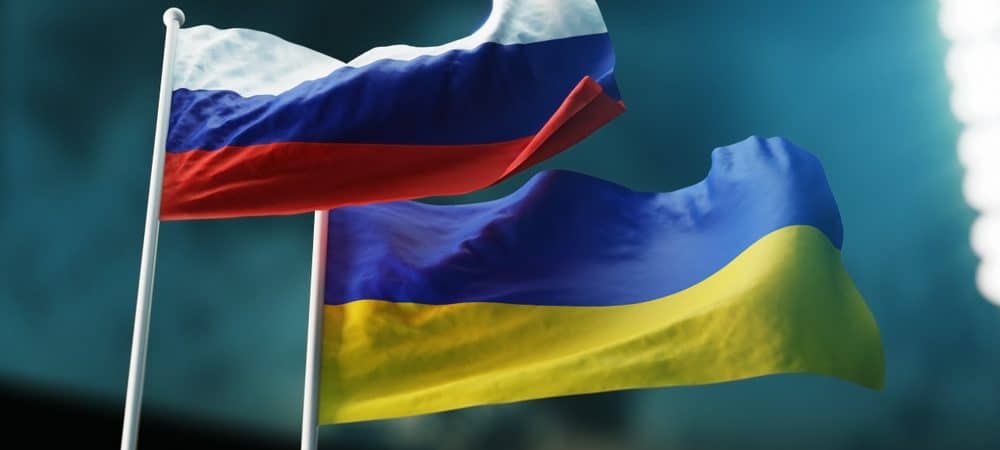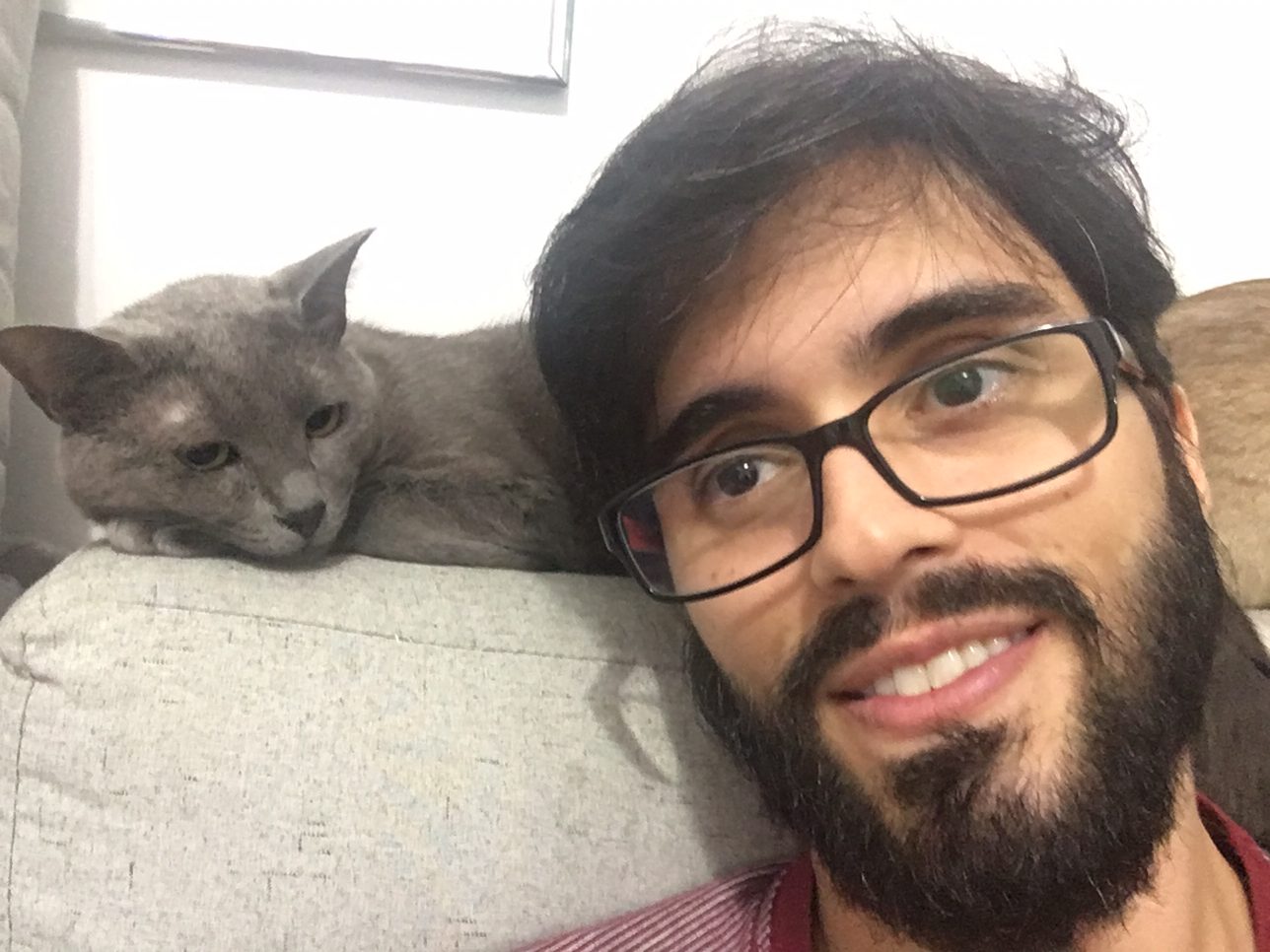
History of the Russian and Ukrainian languages
Both Russian and Ukrainian are Slavic dialects from the Indo-European family. Russian is an official language of Russia, Belarus, Kazakhstan and Kirgizstan, while Ukrainian is the sole authority national language of Ukraine. Because of a typical history, Russian is broadly spoken in Ukraine (also as an official regional language), Latvia, Lithuania, Georgia and numerous other ex-Soviet nations.
Russian is the biggest local language to Europe yet the cutting edge language was framed uniquely in the eighteenth century following the changes of Peter the Great. In 1783 the main Russian dictionary showed up.
Ukrainian, then again, has its starting points in the middle age league of Kievan Rus and after this was vanquished by the Tatars; the language became known as “Ruthenian”, which was a blend of East Slavic dialects. Present day written Ukrainian was first utilized in the seventeenth century during the heydey of the Cossack Hetmanate. Around then the main Kiev Mogila Collegium appears and it turned into the focal point of social and language advancement of Ukraine.
Later on, Ukrainian was prohibited in the Russian Empire and refered to slanderously as “Little Russian” while Russian was the official language. Ukrainian likewise became affected a great deal by Polish in light of its topographical and political circumstance as western Ukraine was, for quite a while, some portion of the Rzeczpospolita (Polish State).
So today we can see these two effects on Ukrainian as it has both Polish and Russian forms of many words. In the nineteenth century, Russian was still generally spoken in metropolitan regions, while the rustic piece of Russian Empire and after the Soviet Union continued to utilize their own neighborhood dialects.
Albeit the USSR didn’t have an authority state language, Russian was an authority language in the greater part of the Soviet republics so Russian was the country’s most widely used language and not Ukrainian (or different dialects of the USSR’s republics).
Today, many believe Russian and Ukrainian to be very much alike dialects. Be that as it may, Russian individuals ordinarily don’t get pure Ukrainian. So, while Russian and Ukrainian have affected each other during the hours of Russian Empire and the Soviet Union, there is still plainly a major contrast that makes common understanding troublesome.









